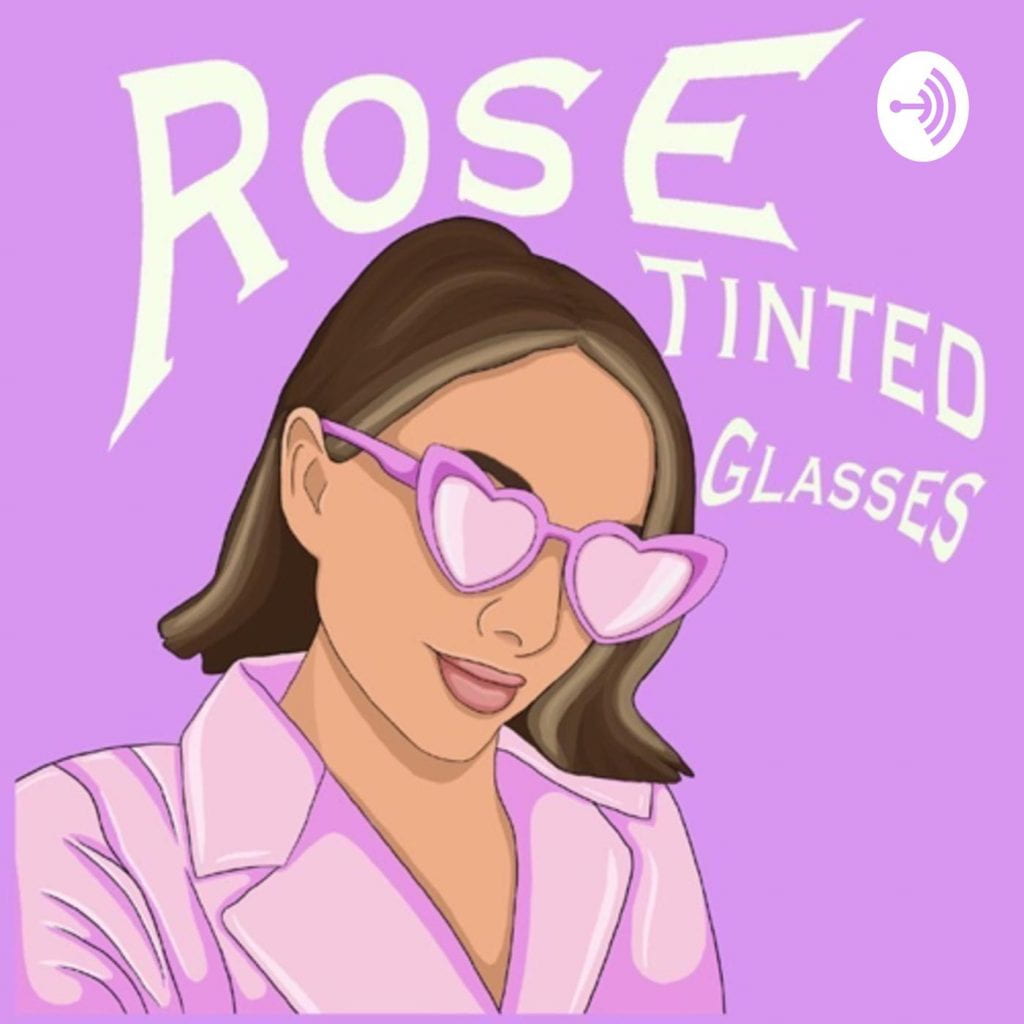Challenges children face today are similar to the past, but in different formats. For example cyberbullying/bullying and social media pressure/magazines. Is this the responsibility of educators, parents, or policy makers? Do we need to model and teach how to use these devices responsibly and thoughtfully? Are we setting limits because we are having difficulty keeping up with evolving technology?
Debate 5: Social media is ruining childhood
Prior to the debate I agreed with this statement. In the wake of several TikTokers who are being accused of violating their children’s consent and even safety. However, I love getting snapchats from my nephews, it allows me to see their daily life (and sometimes they show me cool bugs), but it is a controlled environments where they only have family added. I also had to make sure to remove them from viewing my stories, so there was trust between our family to maintain a safe space for them. Here are some notes I took during the debate:
Agree
- Childhood play used to foster imagination, curiosity, and creativity. Social media has ruined this.
- Play is an important way children learn
- negative influencers on social media
- cyberbullying
- online predators
- false marketing
- Fasiha mentioned that kids will always find a loophole like fake accounts, factory reset devices, and they will find a way to get uncensored content
Disagree
- Online socializing improves social bonds, and creates connections with people with similar interests
- Can share your narrative
- We must educate about safety and security
- Jennifer during their opening statement mentioned the generational change of viewing the past with rose-coloured glasses. The assumption that we all want the same social experience.
- Mike said it is a shared responsibility to teach responsible use and has observed that students are better at navigating social media in the past years.
- Jennifer mentioned we need to continue pushing for laws protecting children. There are other apps to build responsibility by using safe platforms.
I actually changed my mind after the debate (as did many of us according to the pre and post debate votes)! I think there are ways to introduce social media on safe educational apps and scaffold responsible use. I think many of these issues come down to understanding guardians and educator roles in social media. There is a large responsibility on guardians to monitor, removing devices when necessary, and engaging children in a variety of activities. Kelly mentioned in the chat that maybe social media is ruining parenting. I think defining roles of parents (monitoring), teachers (modelling responsible and safe use), and policy (laws) are essential to protecting children online.
Debate 6: Cellphones should be banned
Prior to the debate I disagreed with this sentiment. I think that there needs to be an acceptable use policy clearly upheld for students; I believe we should model and practice responsible use in all situations.
Agree
- technology addiction is similar to cocaine addition
- decreases distractions
- 50% of young people experience cyberbullying, we should stop this at the schools to create a safe space
- Students spend up to 20% of their in-class time on cellphones
- disconnect to connect
- Echo brought up how students may use cellphones to spread rumors and gossip, and then schools are responsible for disciplinary action
- Lovepreet shared that cellphones are distracting to those around them, not just the student
- Amanpreet shared that students can take unwanted photos and distribute them.
Disagree
- teachers need to do significant planning for the learners in their classroom, the first step is a drastic mind-shift. This means taking the time to discuss and explore digital literacy skills
- Should they have two identities in school and at-home?
- Increased student engagement, improve overall participation.
- Increased accessibility. Cell phones give us a way to have a better tech to student ratio
- Integral part of life, help students live one life, not two
- Virtual and augmented reality, can make learning experiences more tangible to students.
- Leona shared that teachers and parents have a hard job of being enforcers, but when our classroom has etiquette use cellphones can be valuable learning tools
- Reid shared that they are useful for emergencies, and to communicate with families. Nicole R shared the dangers of having students creating mass panic and jamming cellphone towers during an emergency.
In our group discussion we talked about how not allowing students to access wi-fi to use apps like Snapchat and Instagram increases the digital divide because some students don’t have access to this at home and school is an opportunity to engage in the digital world. As always there is a need to define roles of teachers (modelling responsible and safe use), and policy (consistent/universal rules across schools/divisions) on protocols for cellphone usage in schools. There are also always nuances of specific contexts. Kim shared that they had a grade 6 class give access to cellphones, had the resources to build capacity, but there was still a miscommunication that caused a parent to misinterpret police presence at school. Gertrude shared that there are also cultural differences that influence the need for wide-spread awareness and come together to create a universal protocol. Many of these issues are part of a larger narrative surrounding technology use policies that needs to be addressed systemically rather than a teacher-by-teacher case where it becomes another issue that educators are expected to take responsibility for.

In regards to guardians, teachers, policy makers, and tech companies who is responsible for protecting children? How can we clearly define these roles?
Happy Teaching,
Leah



